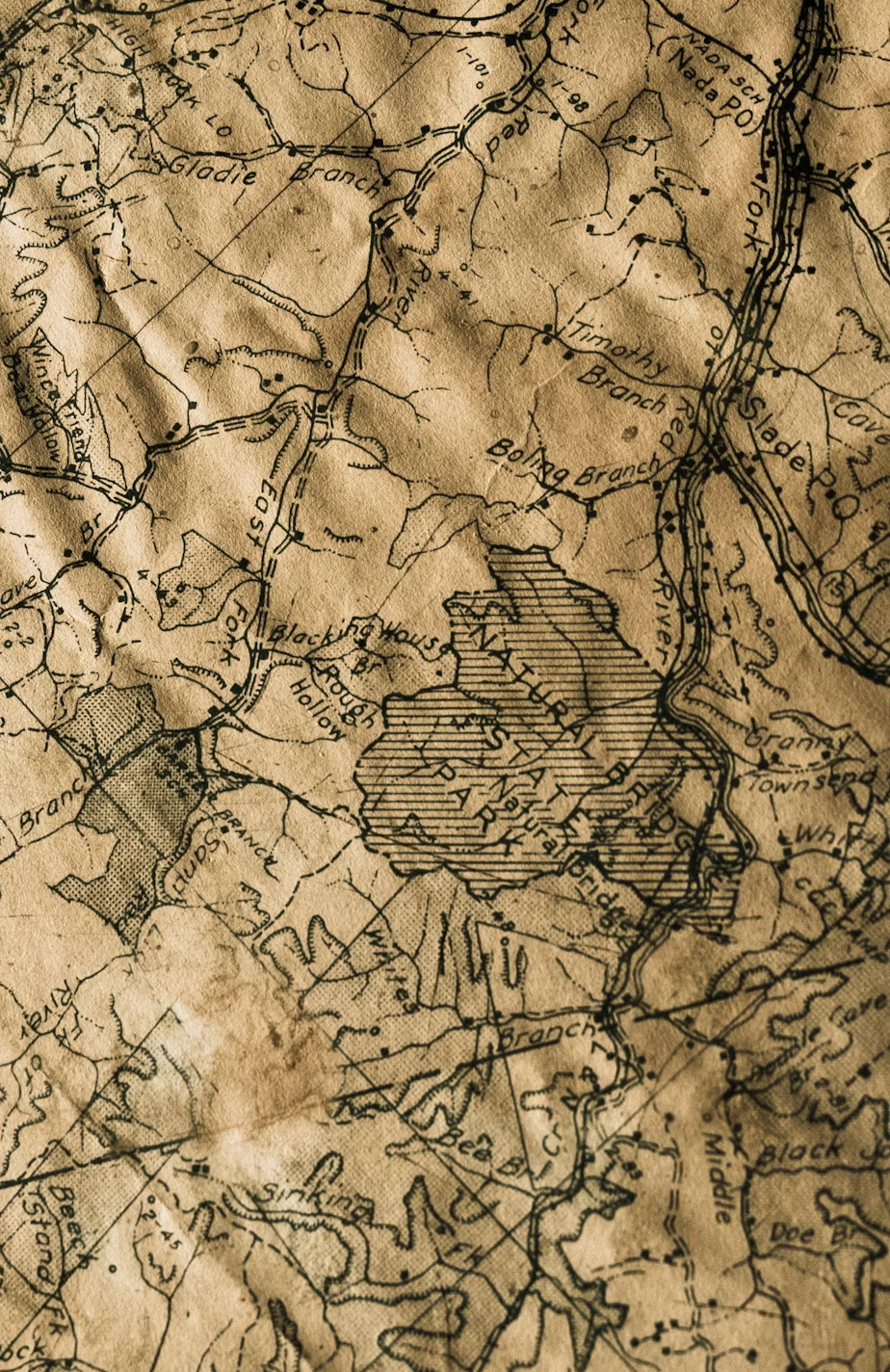After Rafael Alberti
I noticed the canas sprouting from her scalp, I noticed the sky,
I noticed the engines hum, I noticed my heartbeat, and the breeze.
Nunca fui a Iowa.
My mother tells me I gave her canas, and now I have my own.
Mi bisabuela worked los campos, says she was once Iowan
Nunca vi Iowa.
I noticed the hills, the people populating small towns, roadkill—
I noticed county lines, I noticed the tumbleweeds, the flat lands
Nunca entré en Iowa.
I left to find the fields, the tomatoes, the beets, and the music
Mi bisabuelo worked for the railroad, and now I follow tracks
Nunca fui a Iowa.
I noticed the early risers, I noticed the big trucks, the high-
ways, I noticed the canyon, I noticed the solid yellow lines
Nunca vi Iowa.
Both my bisabuelos are gone, I am lucky to have known pain,
Here, I am lucky to have found the cardinal perching on the dogwood
Nunca entré en Iowa.
I noticed the music fade, I noticed the blur in the rear view,
Again, I noticed the sky, the sun, the drift of clouds in pursuit
Nunca fui a Iowa.
I am where the music died, came from where it began, I noticed
blood in the horizon, I noticed the river, I wanted to swim.
Nunca vi Iowa.
Julián David Bañuelos is a Mexican American poet and translator from Lubbock, Texas. He is a graduate of the Iowa Writers’ Workshop. You can find his work at JulianDavidBanuelos.com.




